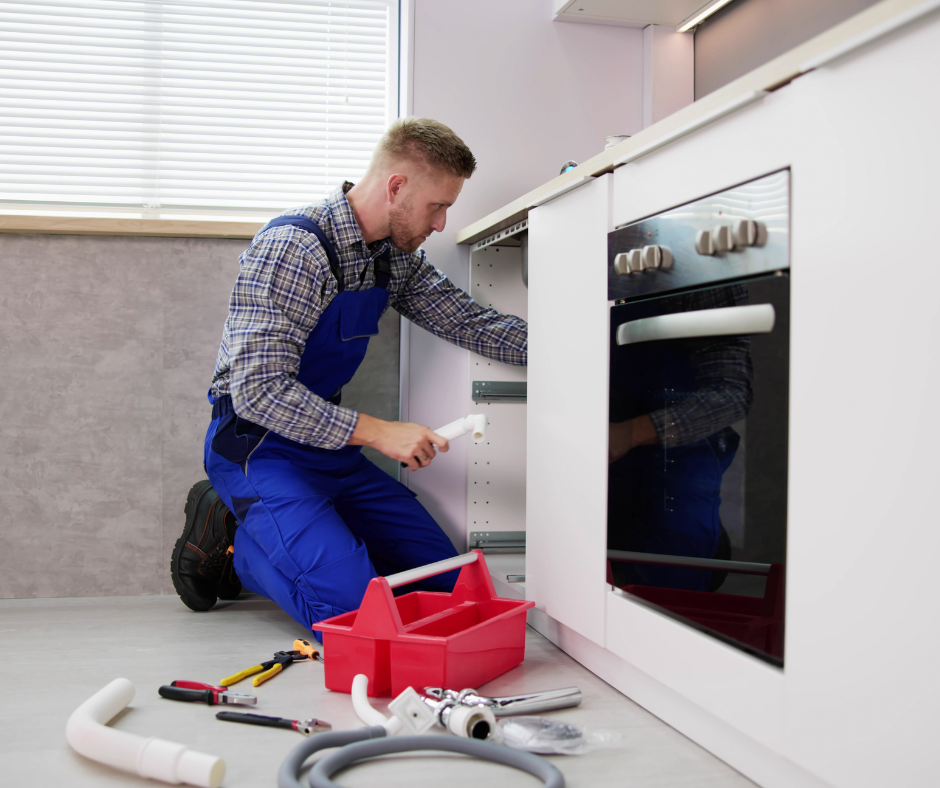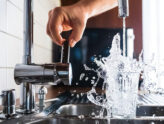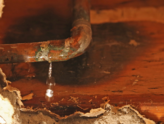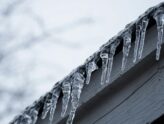Spring Cleaning for Your Pipes: Plumbing Prep 101
As we transition from winter to spring, homeowners in Durham Region have a lot of work ahead of them. While you’re putting away heavy clothing, washing windows and setting up patios or gardens, now is also a great time to think about performing some spring cleaning on your plumbing system!
Caldwell Plumbing is here to guide you through the essential steps of spring cleaning for your pipes. Whether you’re in need of routine maintenance, drain repair, or emergency services, our local team is ready to get your plumbing ready for the warmer temperature ahead and keep everything working efficiently.
Give Your Pipes a Good Spring Cleaning
After the cold weather, your plumbing system can use a good cleanse to keep it free of blockages and running smoothly. Here are some tips to tackle spring cleaning for your pipes:
1. Flush the System: Start by running hot water through all your pipes to dissolve grease buildup and mineral deposits. Allow hot water to flow through sinks and shower drains for a few minutes.
2. Use Natural Cleaners: For a deeper clean, mix vinegar and baking soda. Pour half a cup of each down the drain, wait 15 minutes, then flush with hot water. This combination is effective, safe for pipes, and environmentally friendly.
3. Check for Clogs: Inspect drains for slow drainage or strange smells, which can signs of drain blockages. Use a plunger or plumber’s snake to clear minor blockages without harsh chemicals.
4. Inspect for Leaks: While you’re deep-cleaning your bathroom or kitchen, check for drips or minor leaks under sinks, around fixtures, and on exposed pipes. Early detection can prevent larger issues.
5. Call the Experts: If you’ve been dealing with stubborn blockages or recurring issues call Caldwell. A professional plumber can perform comprehensive cleaning, including jetting pipes and using cameras to inspect your system.
Inspecting and Maintaining Your Water Heater
Your water heater has been working overtime throughout the winter months and deserves a little love. Inspecting your hot water heater is a great place to start your spring plumbing maintenance. This should ideally be done twice a year to prevent sediment buildup and corrosion, which can significantly shorten the lifespan of your heater.
Regular maintenance extends the life of your water heating system and keeps it working efficiently. Make these steps part of your DIY spring plumbing maintenance:
● Inspect the anode rod for signs of corrosion.
● Test the pressure relief valve to ensure it’s functioning properly.
● Flush the tank to clear out sediment that has settled at the bottom.
Preparing Your Sump Pump
The sump pump and sump pit require careful attention in the spring. This is a crucial component in preventing water damage and flooding in your basement, especially during heavy rain and snow thaws.
Start by inspecting the sump pit for debris that might obstruct the pump’s function and make sure that the pump itself is in good working order. Test it by pouring water into the pit until the pump activates. It’s important to be sure it’s ready to handle the increased workload that can be expected in the spring.
Outdoor Plumbing Check-ups
Outdoor plumbing systems need careful attention in the spring, but the work you put into them now will keep them working well all summer.
Start your maintenance by checking your outdoor faucet and sprinkler system for any signs of frost damage or leaks. Fluctuating temperatures can cause components to expand and contract and can weaken them over time. To prevent these minor issues from turning into costly repairs, replace any worn gaskets to seal leaks and apply lubricant to moving parts.
It’s important to make sure that all outdoor pipes are properly insulated and covered to guard against any unexpected freezing temperatures. Check your pipe insulation every spring to be sure it’s free from gaps or deterioration, and replace it as needed.
Call Caldwell for a Maintenance Check
While many maintenance tasks can be DIY, it may be better to call a professional plumber for certain problems. These include persistent leaks, water pressure issues, or signs of root intrusion in your pipes. A comprehensive review from a Caldwell Plumbing expert can help address complex problems and ensure your system’s integrity.
Congrats on Passing Spring Plumbing Prep 101!
As we welcome the warmer weather in Durham Region, taking the time to perform these maintenance tasks can prevent unexpected failures and costly repairs. Don’t wait for an emergency to take action. Contact Caldwell Plumbing today to schedule a thorough plumbing inspection and make sure your home is ready for the summer.
Frequently Asked Questions
Here are some common questions we hear about maintaining a plumbing system.
What should I do if I find a severe blockage in my pipes?
If you find a severe blockage that can’t be cleared with a plunger or a plumber’s snake, it’s time to call Caldwell Plumbing for professionals who can handle it safely and effectively.
What are the signs that my sump pump isn’t working properly?
A sump pump that fails to activate during testing, makes unusual noises or operates erratically may be malfunctioning and should be inspected by a professional.
How often should I schedule a professional plumbing inspection?
It’s a good idea to have a professional plumbing inspection at least once a year, ideally during the spring, to prepare your plumbing system for high-usage periods like summer.

















